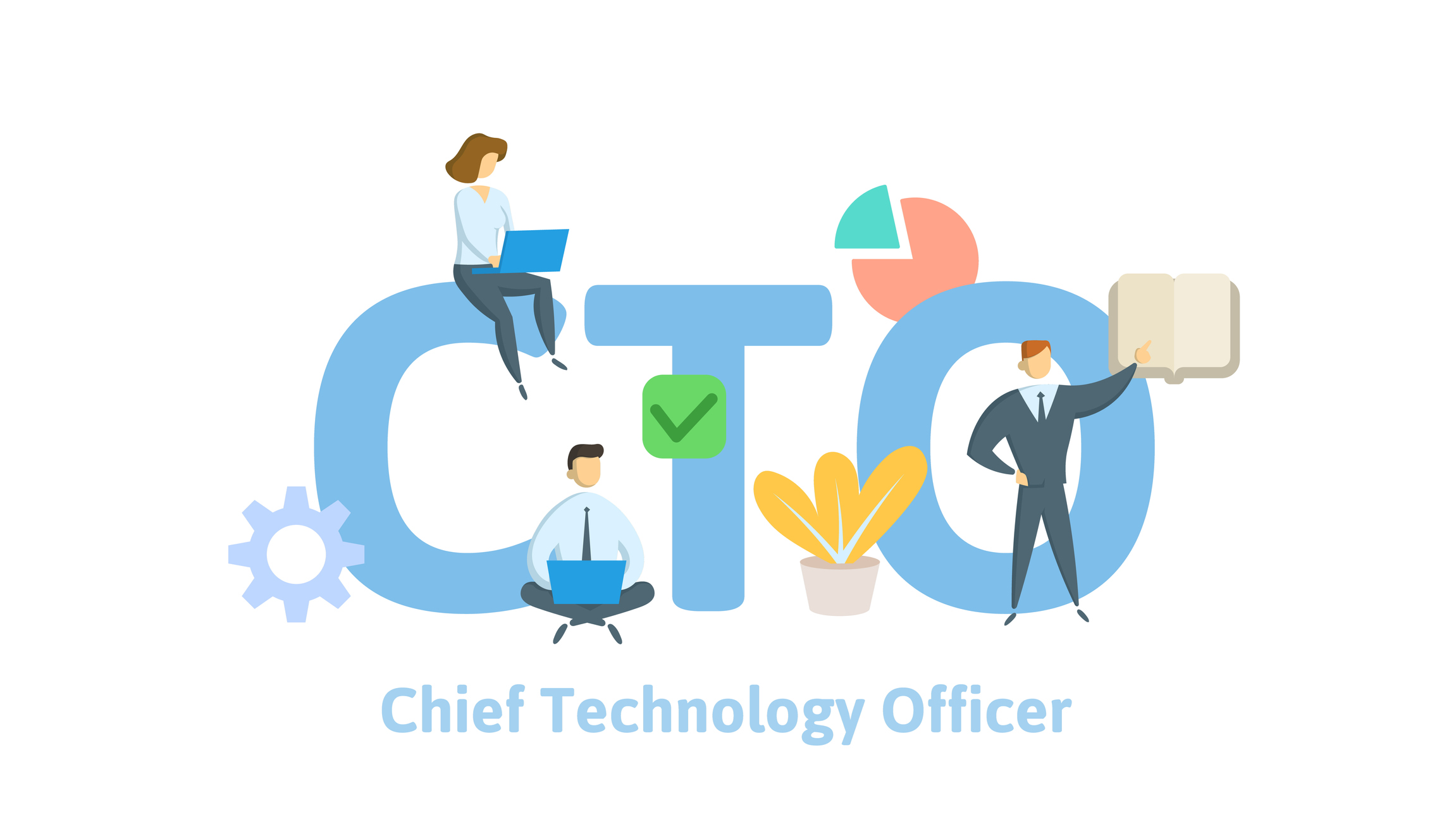Sharing is caring!
In a world where CEOs rule, CTOs hardly ever receive the recognition they merit. Chief Technology Officers (CTOs) primarily influence crucial judgments in a tech-oriented industry, even though a Chief Executive Officer (CEO) may take on the slightly higher decisions that are important for a firm.
The Chief Technology Officer is a challenging role as it straddles the line between innovation and marketing. A CTO is often viewed as an experienced executive with expertise in management, development, DevOps, technical leadership, and domain-specific knowledge. Here is everything you need to know about CTOs:
What is a Chief Technology Officer (CTO)?
A Chief Technology Officer (CTO) is the executive in charge of an organization’s technological needs as well as its R&D. They assess new technology and put it to use to introduce or enhance products and services for the clients and customers of their company.
CTOs, often known as Chief Technical Officers, analyze the organization’s short and long-term needs and use capital to make investments intended to help the business achieve its goals. Sometimes they answer directly to the Chief Information Officer (CIO) of the organization, though they also answer to the CEO.
A Path to Understand the CTO Role
The CTO has always been considered a job in the IT industry. However, because of how quickly technology is developing, it is already typical in practically all businesses. Technology is now used in many aspects of industry, including production, storage, transportation, distribution, and purchasing. For this reason, most businesses have embraced the use of technology to stay abreast of new developments. As a result of this, the most sought-after employees by organizations and corporations are CTOs.
In order to increase the company’s efficiency and profitability, CTOs carry out research on the new technologies and match them with those goals. In this approach, the business starts becoming more competitive in the sector in which it works.
It has been noted that the CTO and CIO positions overlap. However, depending on the organization’s size and purpose, each of these positions may or may not exist. The two jobs are typically maintained by larger businesses, with well-defined roles for each position. The duties of the positions are typically combined to form one position in smaller businesses.
CTOs Responsibilities
There are several clear tasks that the CTO undertakes, even though the duties vary based on the firm. These are a few of them:
- In charge of overseeing and approving software, communication systems, and IT infrastructure designs. Both email and internal communication systems fall under this category.
- Make certain that the governance of IT-related operations is established. For instance, this includes examining and approving control planning, incident response, and IT-related policies.
- Monitoring of scientific, technological, and social developments to make sure they align with the company’s business objectives.
- Identifying potential business possibilities as well as hazards that could affect daily operations.
- Conducting research and making a recommendation for a suitable and efficient content management system.
- Make sure the business adheres to the rules in place and maintains the highest technical standards.
- Accountable for ensuring that management is aware of cybersecurity policies and procedures. Additionally, he or she makes sure that the management upholds the policies’ compliance.
- Investigate events involving security lapses. In other words, he or she evaluates the incident’s effects and makes suggestions for how to prevent similar vulnerabilities in the future.
- Oversees technology operations and projects to make sure they stay within budget and meet goals.
- Make sure they implement a solid security strategy to safeguard the entire IT infrastructure. This comprises the communications between customers, clients, and staff members.
Education, Training, and Experience of CTOs
The path to CTO begins with a bachelor’s degree in a field connected to computer science or information technology, as is the case with the majority of jobs in the IT business (computer programming, software development, management information systems, applied mathematics, cybersecurity).
Additionally, many businesses favor CTOs who hold a master’s degree in computer sciences, information technologies, or technology management. Given that CTOs frequently concentrate on client products and relationships, sales and marketing courses are frequently beneficial as well. Plus, MBAs among Chief Technology Officers reflects the importance of IT in corporate strategy planning and operational objectives.
Practical experience gained while working is crucial. Most CTOs have advanced through the IT ranks at various companies. Industry certifications, while not absolutely necessary, greatly improve a candidate’s credentials.
A Chief Technology Officer holds a highly regarded executive role in a business and is a member of the “c-suite.” In order to apply for a CTO position, applicants need to have more than 15 years of expertise in the IT industry.
Relevant Skills and Abilities
- Familiarized with current software and technological trends.
- Have experience creating business and project plans.
- Knowledge of how to gather information, analyze it, and draw conclusions.
- Exhibit great organizational and leadership abilities.
- Good communication.
- Problem-solving skills.
- Capable of strategic planning.
- Capable of interacting with people.
CTO Salary
As of September 26, 2022, the average Chief Technology Officer salary in the United States was $260,090, although the typical levels range in between $218,124 and $304,205.
Although, salary varies significantly depending on several aspects, including schooling, credentials, supplementary talents, and the length of time you’ve been working in a given field.
Why CTOs Matter?
Today, most contemporary firms rely on technology. Businesses are quickly adapting to new tech developments as they arise to continue inventing and staying ahead of the overall competition. Little do they know that CTOs are the ones behind these improvements.
In the administration and management of any healthy business, a CTO is among the root-level executives, developing cultural values, ethics (essential in AI models), inclusivity, diversity, and tackling gender pay inequities. Meaning they are so much more than just simple managers, they are the designers of a pragmatic and completely operational business model.
In conclusion, as the company’s public face of technology, the CTO demonstrates his or her technical prowess and commercial operations of the business, customers, and outside stakeholders. Their role is beyond necessary for any enterprise.
Looking for technology jobs? Let us help you!
Visit our website to view our open tech positions. 
About Phaxis
Founded in 2002, Phaxisis now one of the country’s leading recruitment firms. Specializing in healthcare, information technology, accounting, financial services recruitment, office support, legal, HR and marketing, Phaxis partners with highly qualified talent and top employers to create rewarding career opportunities that result in long-term success for candidates and employers. Visit us at www.phaxis.com.



